What we do
How we work
Success stories
Who we are
Insights & news
Careers
Contact us
insights & news > Insights
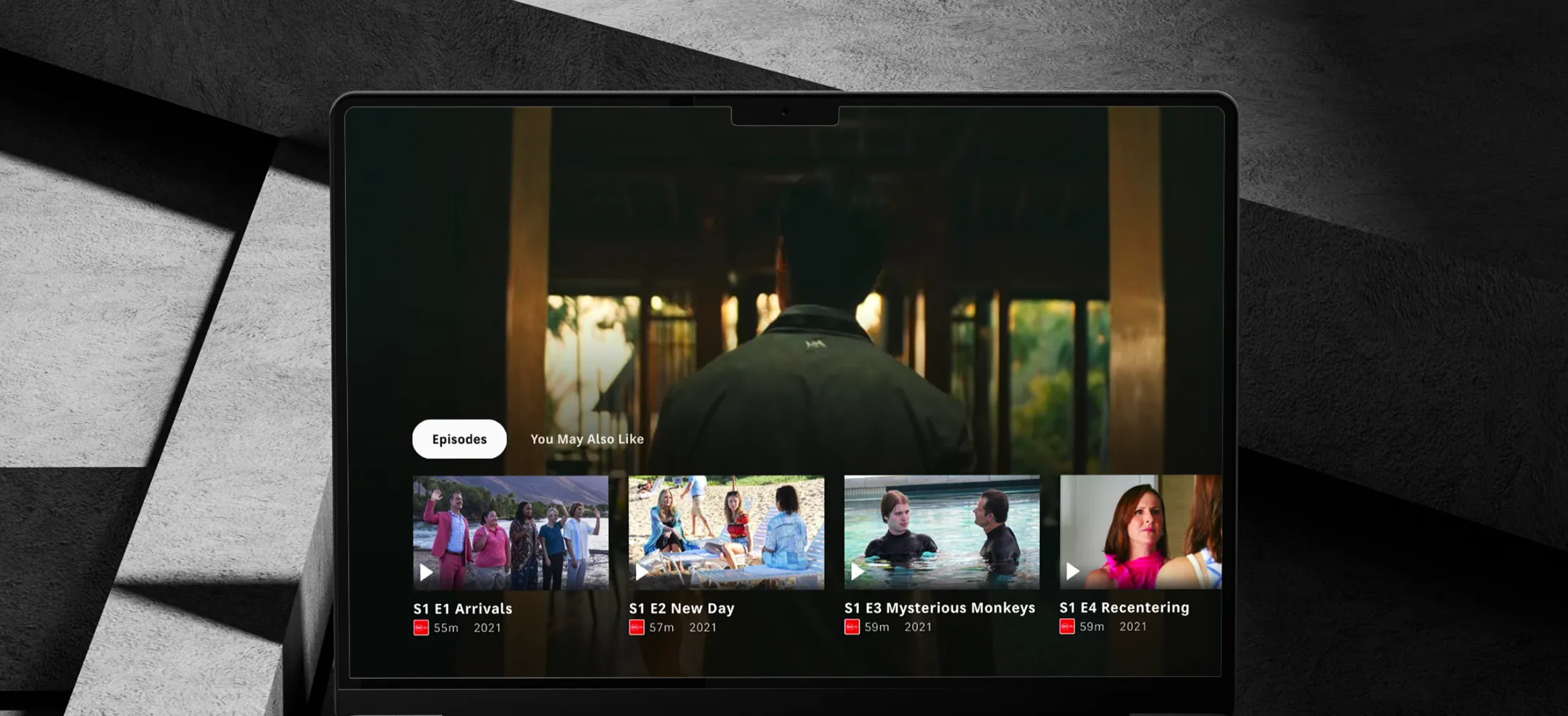
This blog post is drawn from the research and input of Accedo’s Product Design team members.
The best streaming platforms aren’t just delivering great content but also investing heavily in user experience. That is why we conducted in-depth research into today’s leading apps to uncover the features and patterns that help reduce churn and drive engagement - from smarter content discover, immersive playback to thoughtful cancellation flows, and more.
This blog post breaks down what’s working and offer clear examples to show how these tactics play out in the real world.
Here is what we’ve learned.
Early impressions matter in streaming. If people can’t find something they want to watch quickly, they’re far more likely to leave. The best streaming apps solve this by providing multiple ways to find content—and by getting recommendations right from the beginning.
By offering multiple ways to search and browse, top apps help users to quickly find the content they’re after. Netflix is a great example. Users can browse content by language, country of origin or by an impressive number of genres or subgenres. Netflix also provides an enhanced search experience using AI, allowing users to search by actor or director, or more recently, even mood. Say a user wants to explore everything created by Wes Anderson - not a problem, Netflix makes it easy.
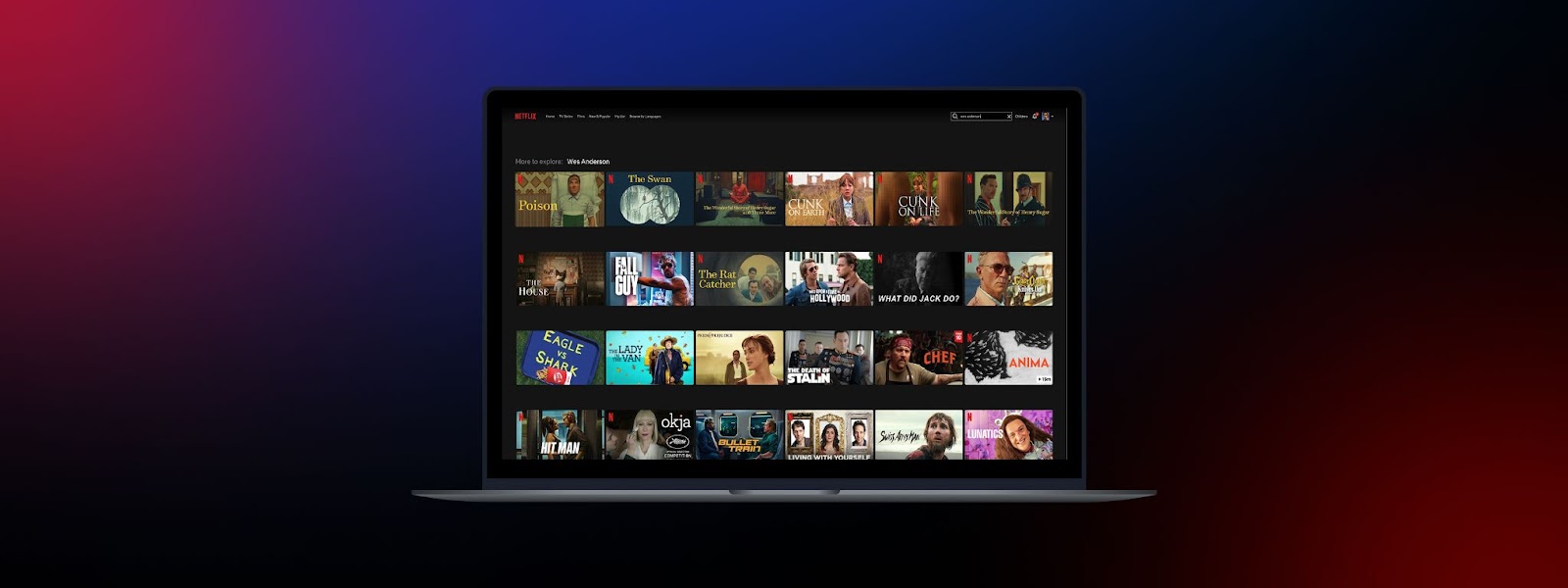
Content recommendations are critical to retention. Netflix said over 80% of content watched is driven by recommendations. YouTube is also famously reliant on recommendations, with over 70% of content watched coming from recommendations.
But how are you supposed to provide personalised recommendations to new users, before they’ve actually started watching anything? That’s where recommendations kickstart features come in. These features prompt users to select examples of content they like during onboarding, helping the app make better recommendations from day one.
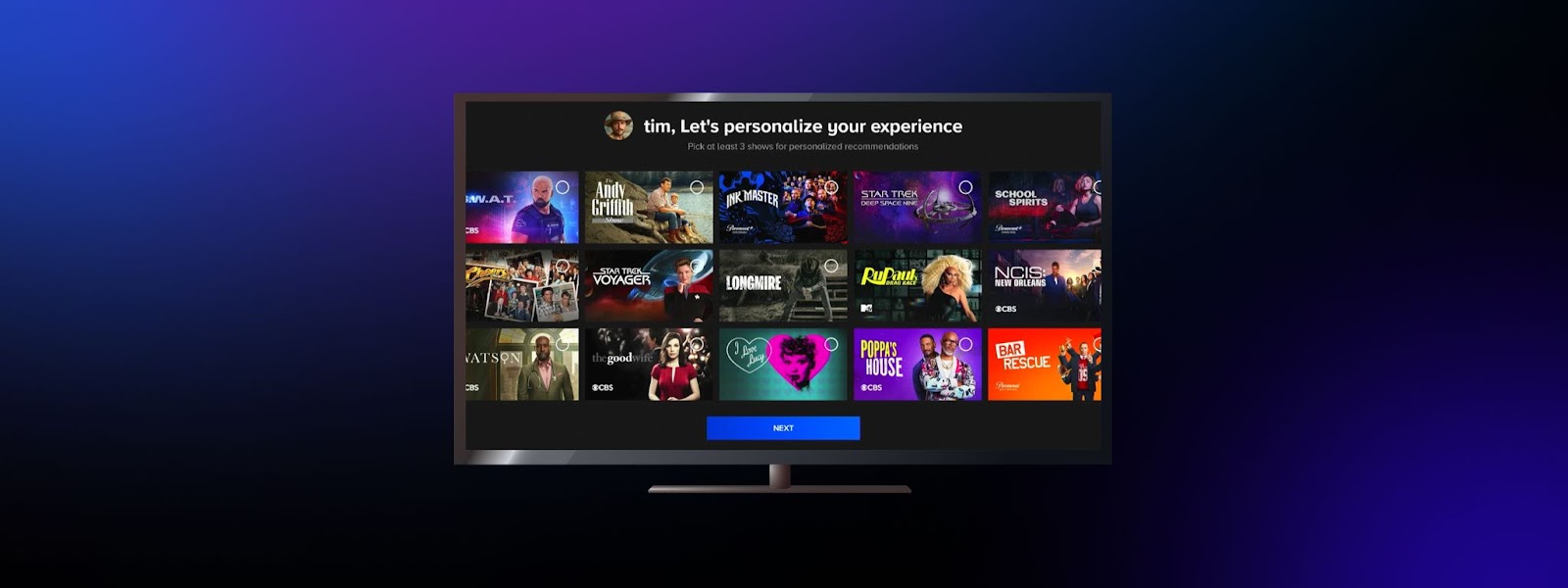
Another under-utilized feature that can enhance the quality of recommendations is the humble ‘Like’ button. It enables users to give direct feedback on what they enjoy, enhancing personalization beyond what can be inferred from watch history alone.
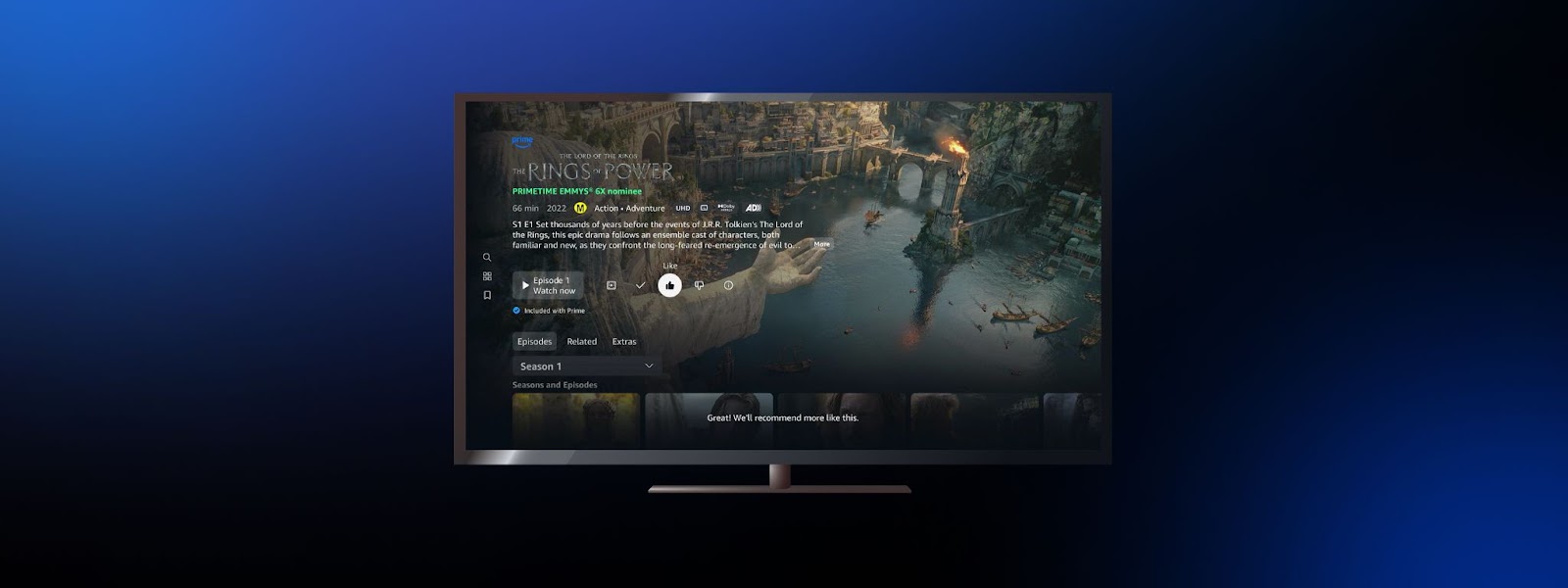
The best content draws you in—think The Last of Us, The White Lotus, orThe Dark Knight. The best apps make you stay immersed.
Aside from recommendation engines, autoplay might be the most impactful engagement feature of the past decade. By auto-playing the next episode, users stay in the zone. Disabling autoplay, on the other hand, leads to a significant drop in engagement, with viewers watching nearly 18 minutes less per session on average, according to a study by the University of Chicago.
However, autoplay comes with its own issues. Binge-watching has been associated with sleep disruption and mental health issues in some studies, and research suggests that streaming can have a significant carbon footprint. Features like allowing users the ability to turn off autoplay, parental time limits, and measuring their carbon footprint are some ways that streamers can help manage some of these issues, while still enhancing engagement.
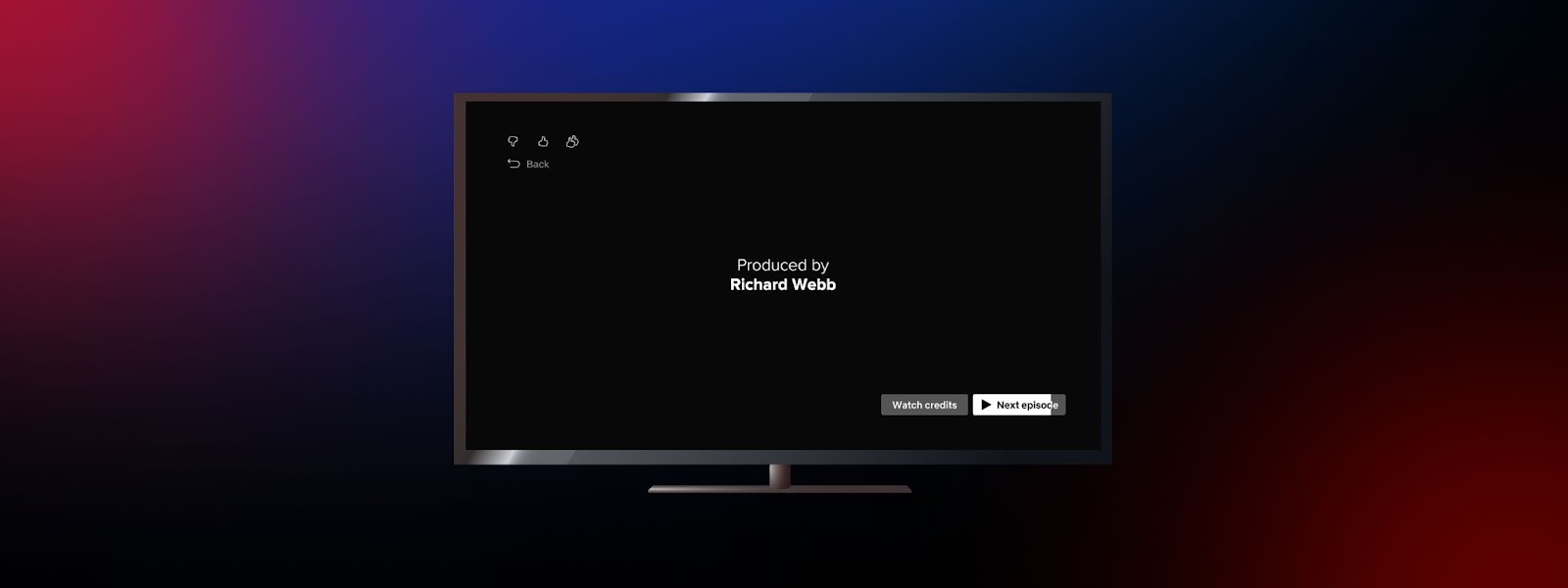
Several top apps like Max let users do things like change episodes or browse related content without leaving the player. Even simple UX choices, like prominently showing Continue Watching rails in the app, can reduce user effort and help maximise actual viewing time.
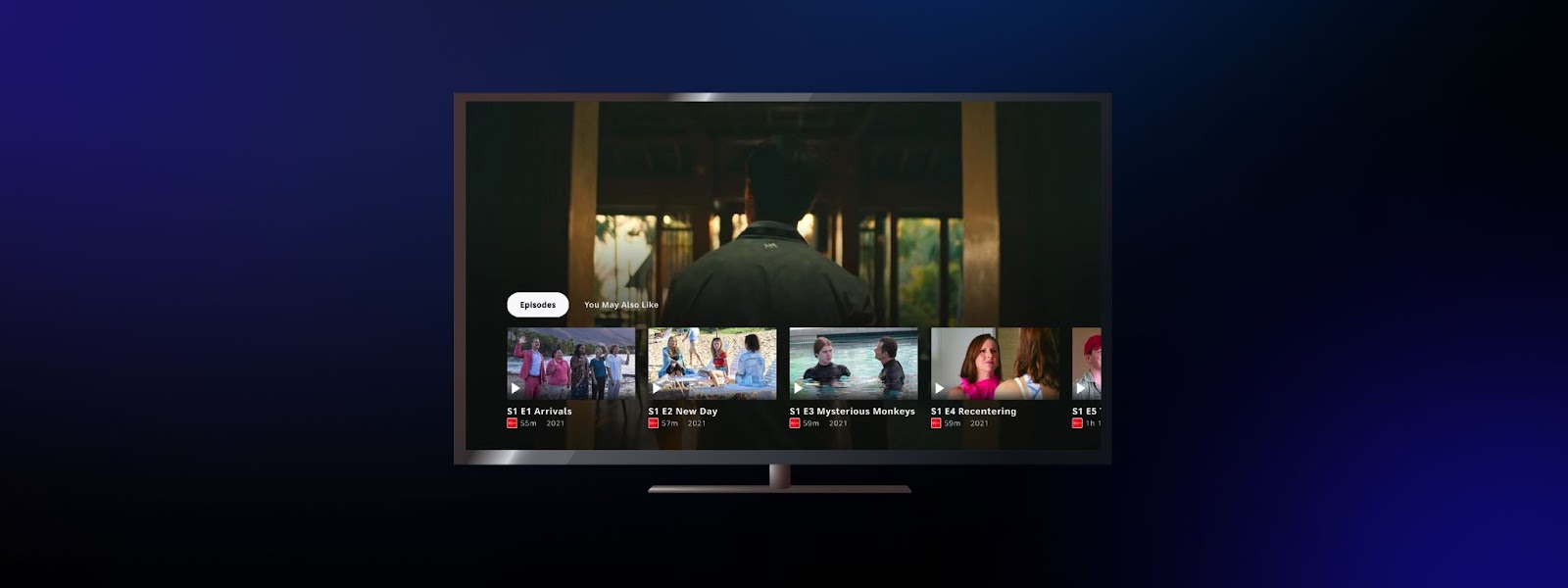
The best apps never sit still. Beyond just investing in app stability and performance, they also focus on enhancing the experience through refreshed interfaces, subtle animations, and innovative features. This sends a clear message to users: your subscription is helping to make the product better.
Recent examples include Netflix’s recent beta tests of TV-based gaming, Max’s major rebrand, and Prime Video’s recent push of add-on subscriptions integrated within the app.
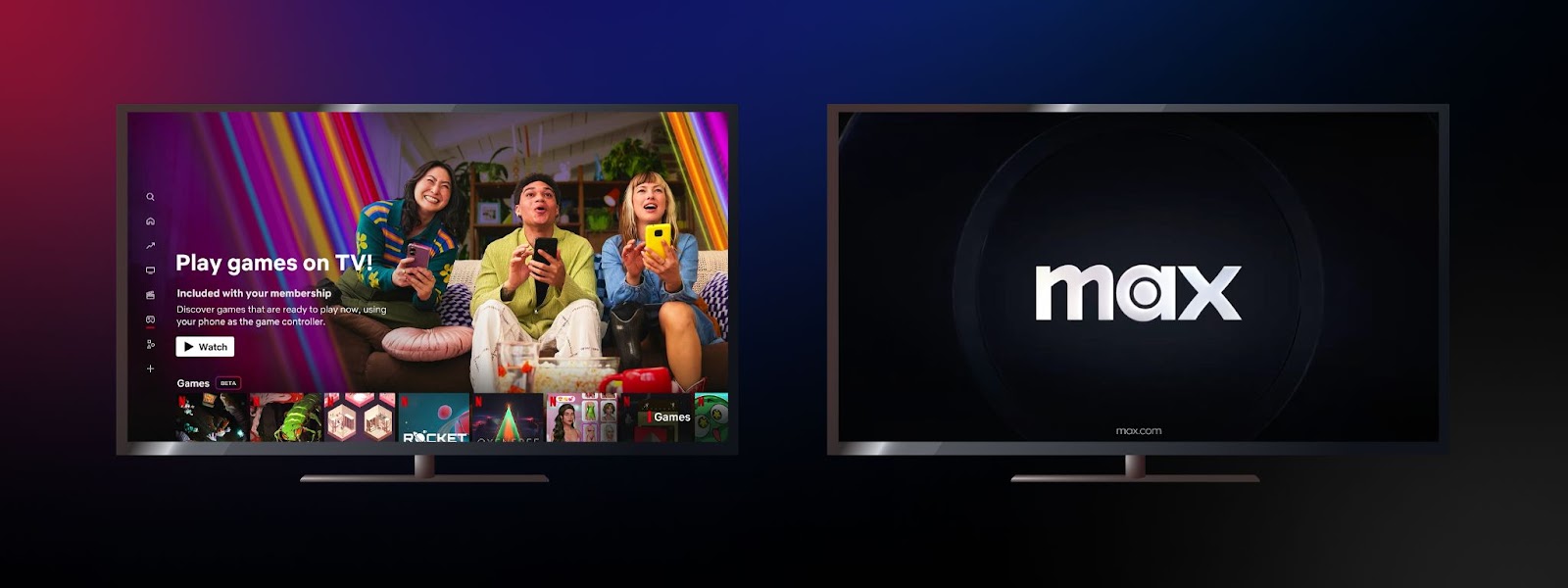
Even when you have a great streaming service, some users are still going to want to leave. When this happens, great apps have a suite of tactics to handle this well.
Top streamers make it easy to cancel. Why? Partly, because it’s in their sales pitch (think Prime Video’s “Start your 7-day free trial. Cancel Anytime”). But also because they know that a lot of users will come back, and that a good exit experience is likely to boost the chances of return.
So how easy is it to cancel a subscription on a top app like Prime Video? Very easy. In fact, it only takes three clicks from Prime’s home screen to cancel a free trial.

Understanding the ‘why’ is essential. That’s why many streaming services include an exit question during cancellation flows, helping teams understand trends and opportunities.

Sometimes a person might not necessarily want to leave. Maybe they’re travelling, or they currently have a plan that doesn’t suit them well. To help address situations like these, Disney and Netflix offer a ‘pause subscription’ option, while Max and Netflix give users the chance to switch plans instead of cancelling outright.

Leaving should be easy, but so should returning. Both Max and Prime Video offer one-click reactivation flows from the account page. This helps re-capture previous subscribers in a frictionless way.

Reducing churn isn’t about locking users in—it’s about giving them a good experience from beginning to end. The best streaming apps do this by understanding what their users need, helping them get value fast, and constantly improving their products. As the market matures and competition tightens, these kinds of user-centric strategies will become the key to long-term growth.
Want to learn more about strategies for building better video experiences? Let’s talk.
tags
Share this article
Let's collaborate to define what is next for your OTT streaming service.
Contact us